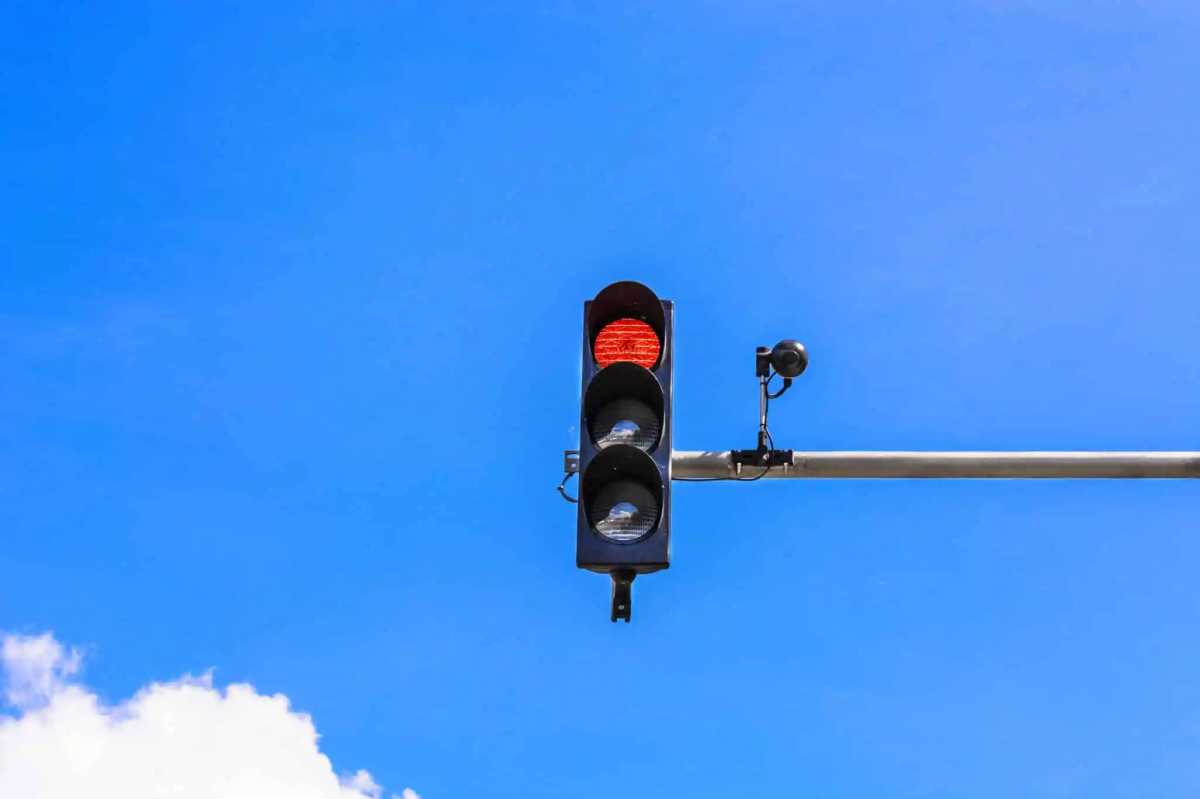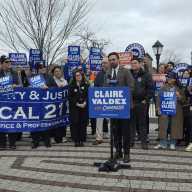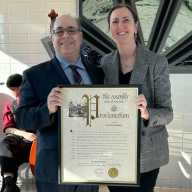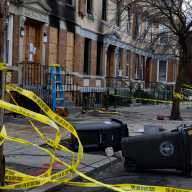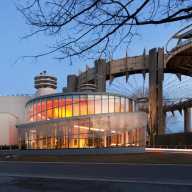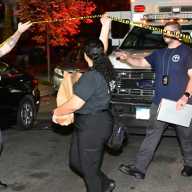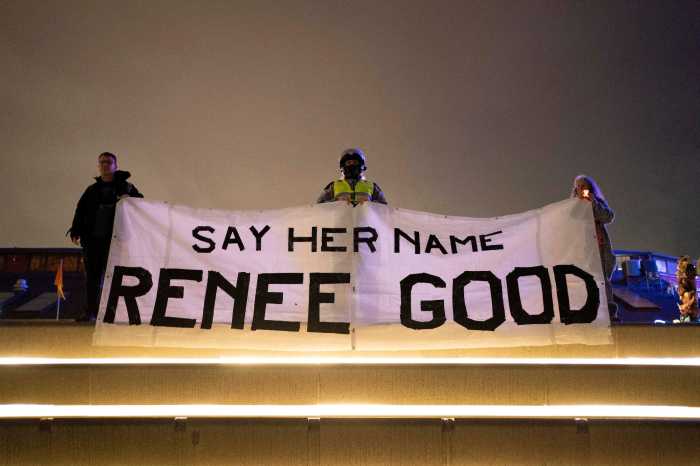With the end of the state legislative season less than one month away, debate over Mayor Michael Bloomberg’s congestion pricing plan continues to heat up.
The New York Sun reported on Tuesday, May 29, that sources close to Governor Eliot Spitzer said that the governor is leaning towards supporting Bloomberg’s plan in exchange for the state playing a more pivotal role in major development projects.
In addition, Senate Minority Leader Malcolm Smith recently announced his support for Mayor Bloomberg’s plan, which would charge cars $8 and trucks $21 to enter Manhattan south of 86th Street during the week from 6 a.m. to 6 p.m., in order to decrease congestion in the central business district as well as curtail environmental problems.
Smith, who is one of the first Queens public officials to endorse the plan, told The Queens Courier that he believed it was a bold decision to support the idea, but believes it is necessary to generate revenue to improve mass transportation, which he acknowledged was not up to par in his Southeast Queens district.
However, other leaders throughout the city continue to voice concerns about Bloomberg’s proposal.
Senator John Sabini, who sits on the Senate’s transportation committee and represents parts of Western Queens, said he was worried that the proposal unfairly discriminates against his constituents who currently utilize free bridges to enter Manhattan would have to pay $8 under the new plan. He said that drivers from the suburbs and Long Island who enter the city are already paying tolls and those would be credited towards the $8 fee.
During a recent city council hearing involving the finance and transportation committees, New York City Department of Transportation Commissioner Janette Sadik-Khan testified that the plan would reduce congestion as well as raise funds for current and future transit projects.
However, Councilmember David Weprin, who was one of the first legislators to oppose congestion pricing, said the city should consider other ways to raise money for these projects.
“Instead of a congestion pricing tax, we should be considering a reintroduction of a non-resident income tax,” Weprin said. “This would generate much more revenue for mass transit projects than a scheme that pits New Yorkers in different neighborhoods against each other.”
Meanwhile, according to a recent Quinnipiac University Polling Institute survey, 61 percent of the Queens respondents said they were against the congestion pricing with even higher numbers opposed from the other boroughs besides Manhattan where 62 percent of the respondents supported the idea.
“New Yorkers think traffic-choked streets are a big problem. But Mayor Bloomberg will need every ounce of support from his 74 percent approval rating to convince New York City voters that congestion pricing is the answer,” said Maurice Carroll, Director of the Quinnipiac University Polling Institute. “As on so many city questions, congestion pricing is Manhattan against everybody else.”
Bloomberg hopes that the Legislature would approve the plan before the end of this year’s legislative session, which occurs on June 21.
“It would be nice if we had a bill,” Sabini said. “Anything is possible in the bizarre world of Albany, but it seems unlikely.”










